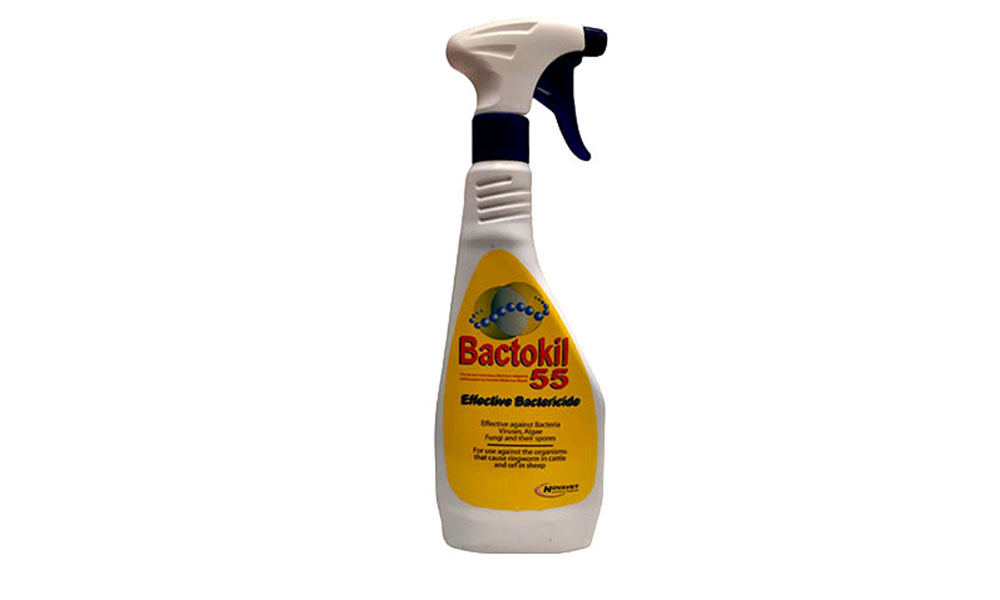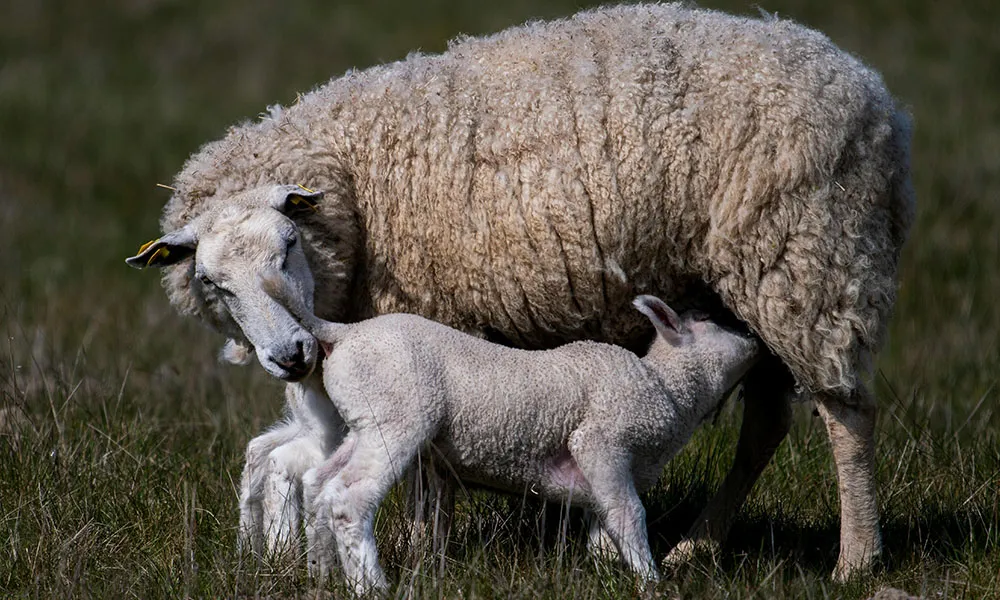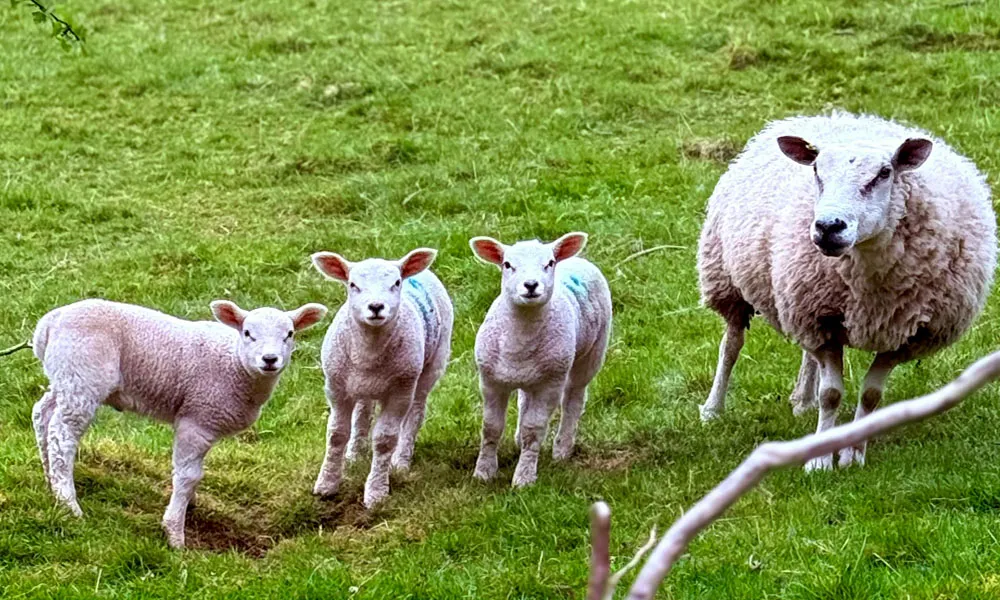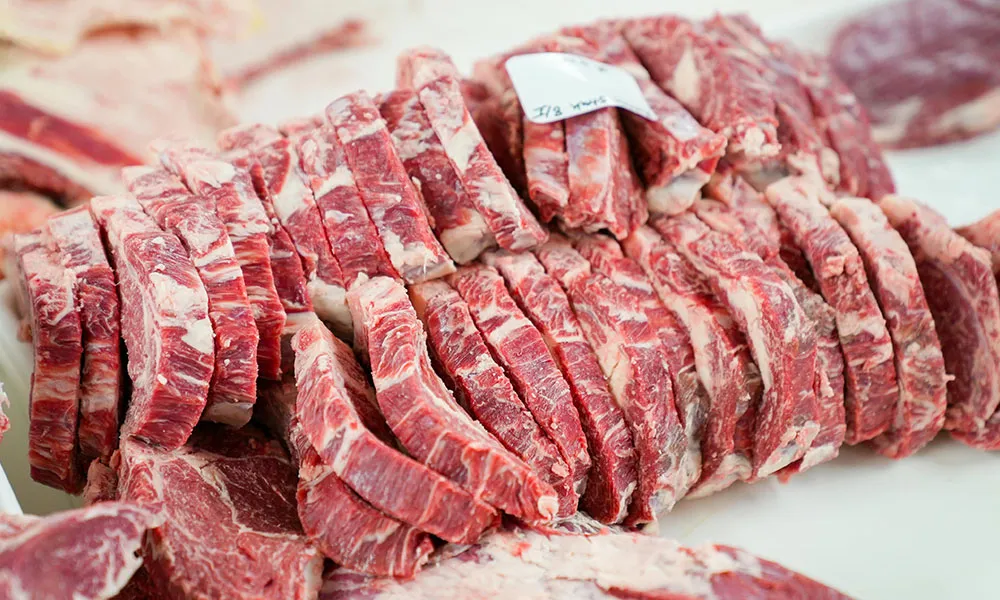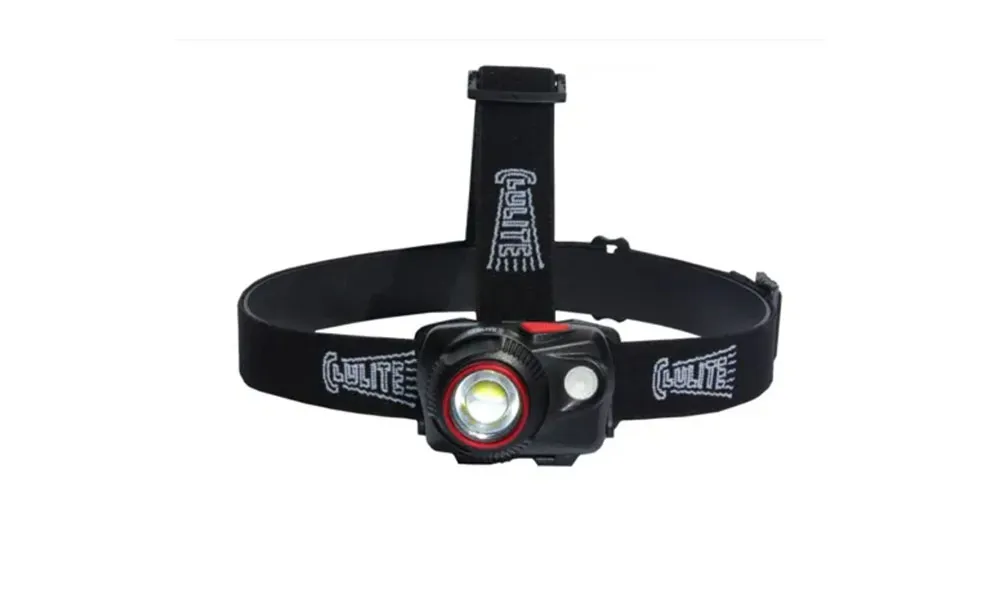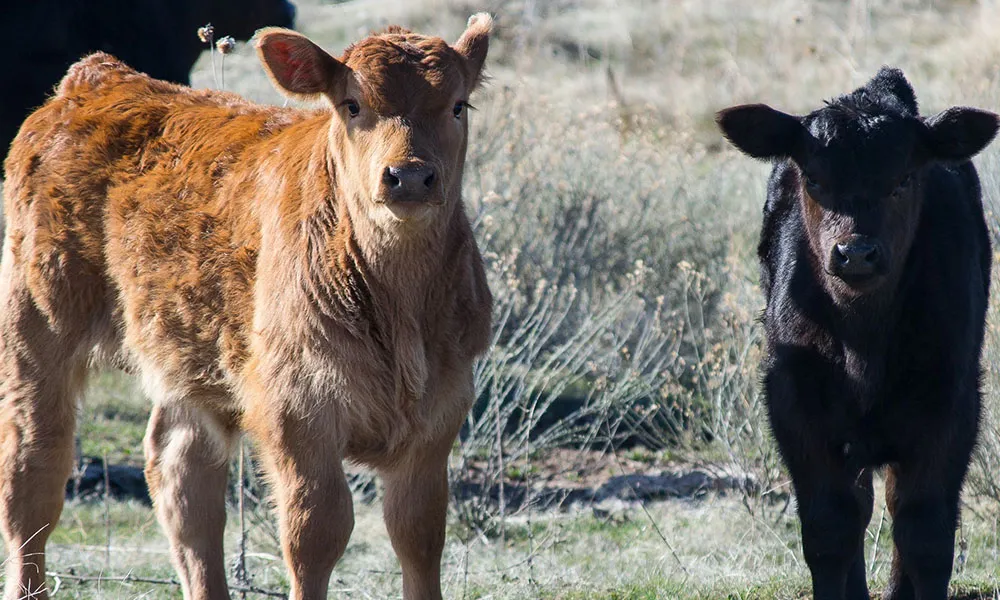
Agridirect.ie looks at ringworm in calves, and discusses how it can be treated and prevented.
A disease rarely discussed
Although not an ailment often discussed among farmers, I have heard a few guys talking recently about an outbreak of ringworm in calves. Now, popular wisdom would suggest that animals suffering from ringworm are not in good overall condition, but this is not necessarily the case. Yes, it is true that calves in poor health are more vulnerable to outbreaks of ringworm, but there are other underlying causes that need to be addressed. We should not forget that even healthy animals can suffer from the disease.
Ringworm: what is it?
Before we can take preventative measures or undertake successful treatment, it is important to understand the nature of the disease. Ringworm is actually caused by a fungus that is found on the walls of buildings, where it survives from year to year. Animals typically contract it when they rub against walls infected with the fungus. Once contracted by one calf in the herd, it is likely to spread like wildfire. On the upside, ringworm is not a fatal disease and animals that recover from it are immune for life.
However, farmers with children need to be particularly careful when managing the disease. Children are particularly vulnerable to contracting ringworm and should be kept well away from diseased animals. The disease is extremely uncomfortable for humans.
What does ringworm look like?
Ringworm has a distinctive appearance and typically progresses in a very standard manner. During the first phase of the disease, the animal will exhibit hair loss in the impacted area. Hair loss will be followed by the gradual emergence of a dry, greyish crust over a period of several weeks. Look for round lesions (rings) around the eyes, head and neck as these are also typical symptoms of the disease.
How to treat ringworm
In reality, there is usually no need to treat ringworm. A self-limiting disease, it will typically go away without treatment within 12 to 16 weeks of first appearance. The important thing is to handle animals with the disease carefully.
However, immediate treatment may prove effective if considered necessary. Typically, antibiotics are given to treat ringworm. If treating, animals in contact with diseased animals should also be treated.
Anti-fungal sprays, such as Bactokill, also have a strong success rate against ringworm and should be applied in accordance with manufacturer’s directions.
Prevention
As already indicated, prevention is really the key strategy when it comes to ringworm. First of all, it is essential that you thoroughly clean and disinfect all internal walls where calves are housed. This will remove most of the existing fungus in these places and significantly reduce the likelihood of your animals contracting the disease.
Anti-fungal dietary additives are also an excellent option and should be given to animals over the course of a few days.




